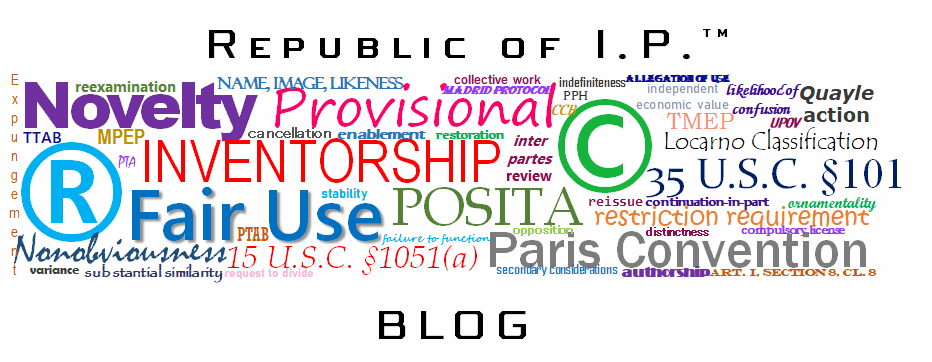Group Registration for 2D Artworks Now Available
For years, visual artists—painters, illustrators, and graphic designers—have faced a frustrating choice: pay a separate filing fee for every single published work or leave their portfolio...

For years, visual artists—painters, illustrators, and graphic designers—have faced a frustrating choice: pay a separate filing fee for every single published work or leave their portfolio...
Short answer: maybe. As of early 2026, the law surrounding AI and fair use is in a state of active transition. Federal courts are still figuring out the contours of copyright law given the new AI...
Can a person “own” the art on someone else’s skin? That was the high-stakes question at the heart of the recent Ninth Circuit Court of Appeals decision in Sedlik v. von Drachenberg. In a case that...
Privacy law and intellectual property law are two distinct yet increasingly interconnected areas of U.S. law. While I.P. protects creative and innovative works, privacy law protects personal...
The question of who – or what – can be an author has become one of the most contentious issues in modern copyright law. As artificial intelligence systems generate increasingly sophisticated creative...
Derivative works are works based upon one or more preexisting works, such as translations, musical arrangements, dramatizations, fictionalizations, motion picture versions, sound recordings, art...
Non-fungible tokens (NFTs) have revolutionized digital ownership and created entirely new categories of intellectual property disputes. As these blockchain-based assets continue to evolve, they...
The culinary world presents unique challenges when it comes to intellectual property protection. While chefs, food bloggers, and recipe developers invest considerable creativity and effort into their...
The gaming industry sits at a fascinating intersection of creativity and intellectual property law, where developers, content creators, and players constantly navigate complex copyright and trademark...
In our increasingly digital world, data extraction and analysis have become fundamental to how businesses operate, researchers conduct studies, and AI systems learn. Two key concepts at the heart of...